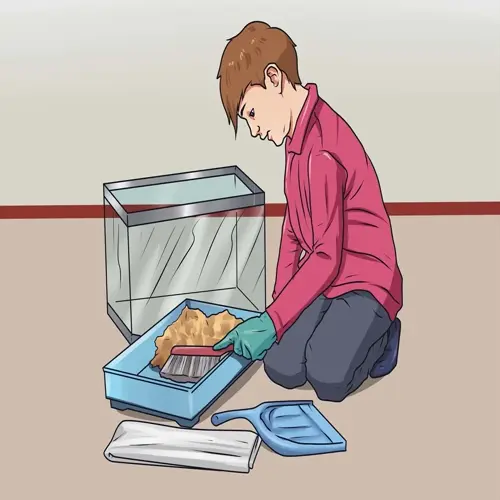Do non-shedding dogs have special health considerations?

Written by
Wang Jiahao
Reviewed by
Prof. Henry Webster, Ph.D.Non-shedding breeds have different health issues that require special care. Hairless varieties require constant protection from the sun. In contrast, others that have curly coats are more prone to skin fold infections. Genetic predispositions such as hip dysplasia in Poodles require active management. I have developed specific care plans tailored to their individual needs.
Skin Protection
- Daily SPF 30+ application for hairless breeds during daylight
- Antibacterial wipes for skin folds in wrinkled breeds
- Moisturizing routines prevent cracking in dry environments
Genetic Condition Management
- Hip scoring for large breeds before breeding
- Annual eye exams for breeds prone to progressive retinal atrophy
- Thyroid function testing for autoimmune disorder prevention
Hairless breeds necessitate watchfulness in the environment where they are raised. Xolos and Chinese Cresteds need sweaters if it is less than 50 degrees. If the home is heated, the skin can become dehydrated and may necessitate a humidifier. In the summer, shade is necessary for outdoor outings. They should be clad for all outdoor activities regardless of the time of the year.
Larger non-shedding breeds suffer from orthopedic problems, especially Standard Poodles, which, as a breed, commonly suffer from hip dysplasia. Keep the weight lean through measured feeding to eliminate excess fat. Joint supplements with glucosamine should be administered. Avoid high-impact activity for strenuous play during growth periods. This will significantly relieve the strain on the joints.
Oral health is extremely important, especially in small breeds. It is common for Yorkies and Maltese to lose their teeth at an early period in life. It is best to brush with enzymatic toothpaste daily and use dental water additives between brushings. Additionally, scheduling professional cleaning services annually is crucial. This will help prevent systemic diseases caused by bacteria in the mouth.
Implement regular screening protocols. Bi-annual blood tests for endocrine problems. Annual hip X-rays to maintain joint health. Genetic tests for carrier status on breeding stock. Such measures will enormously lengthen the healthy life spans of non-shedding friends.
Read the full article: 10 Non Shedding Dog Breeds for Families

